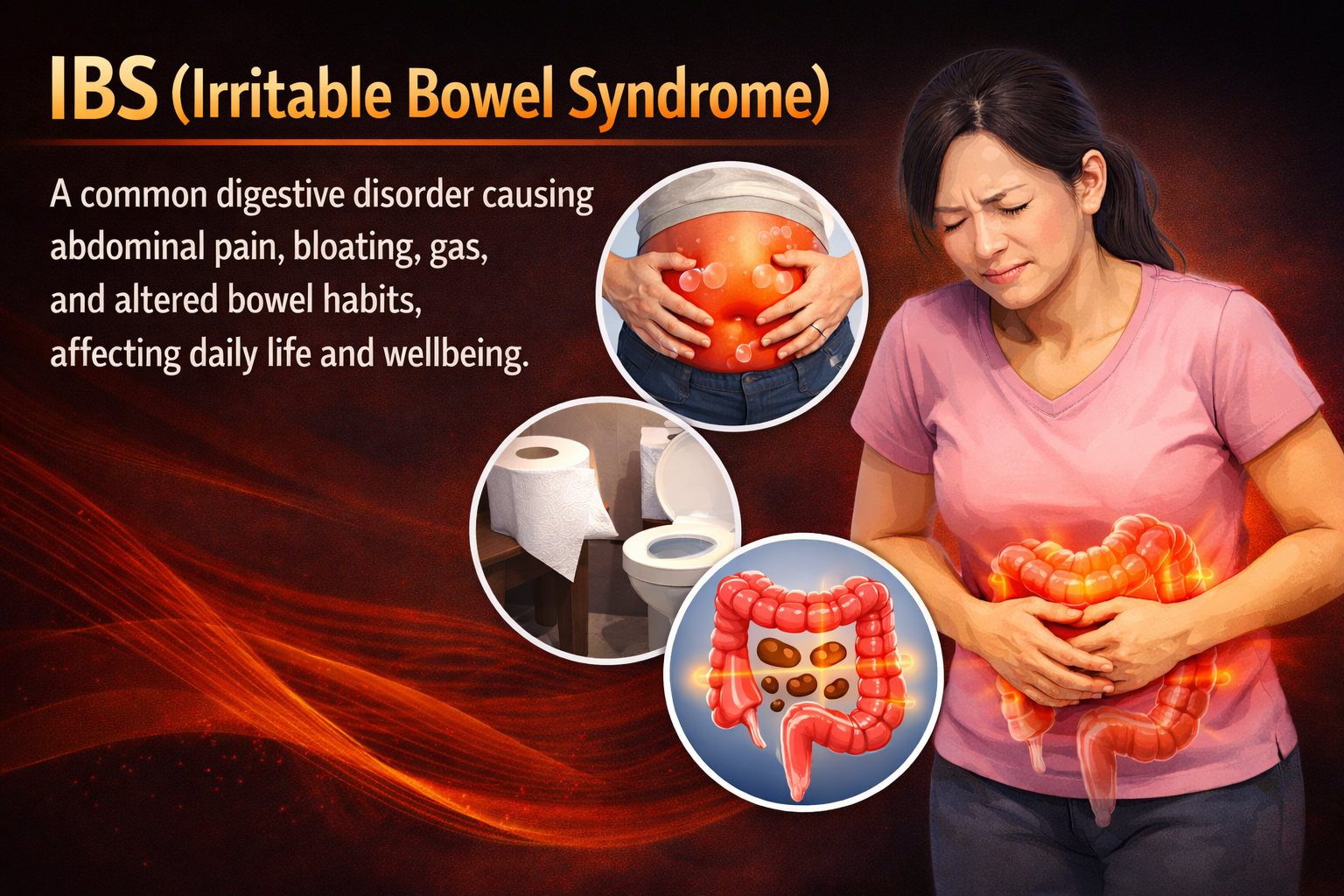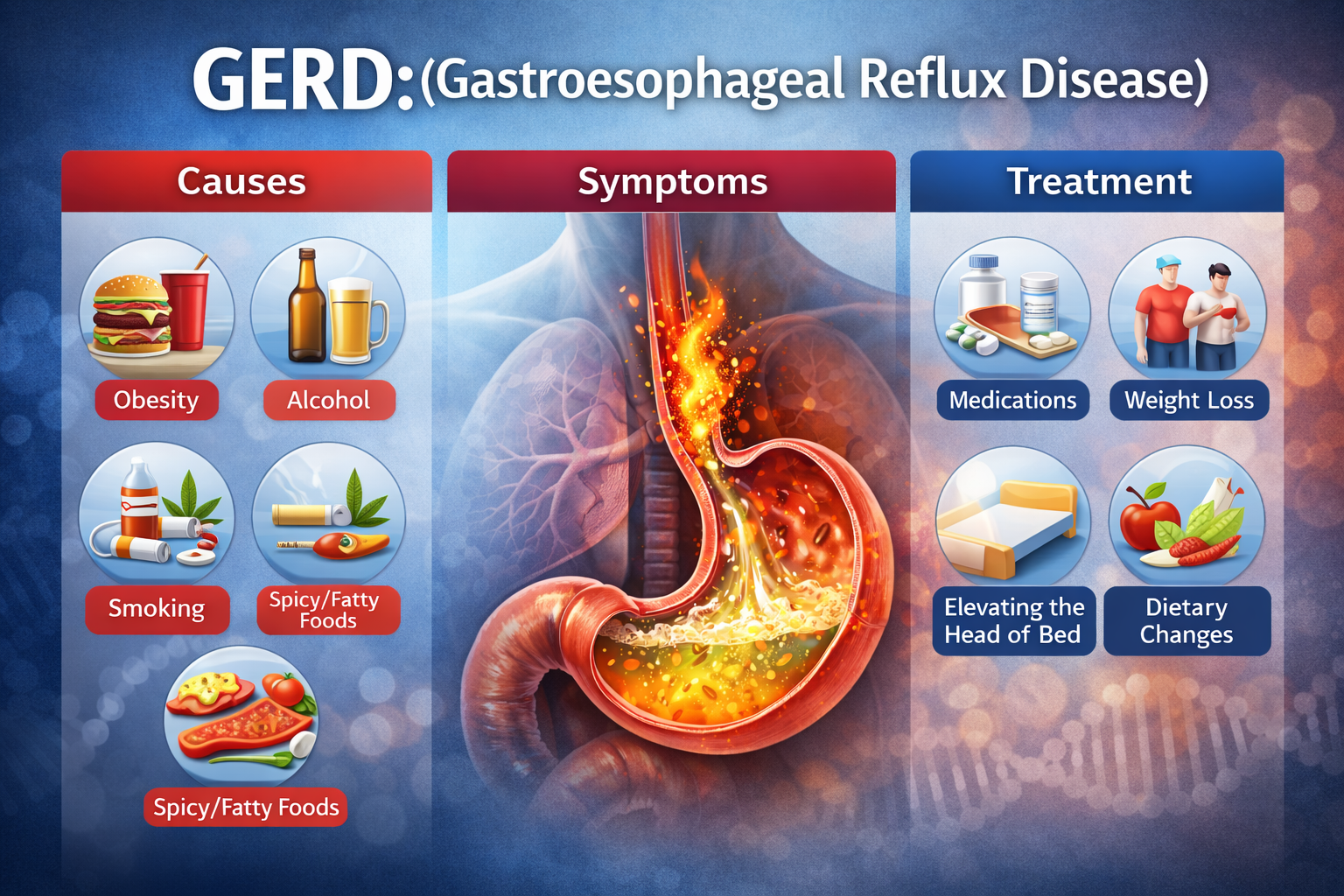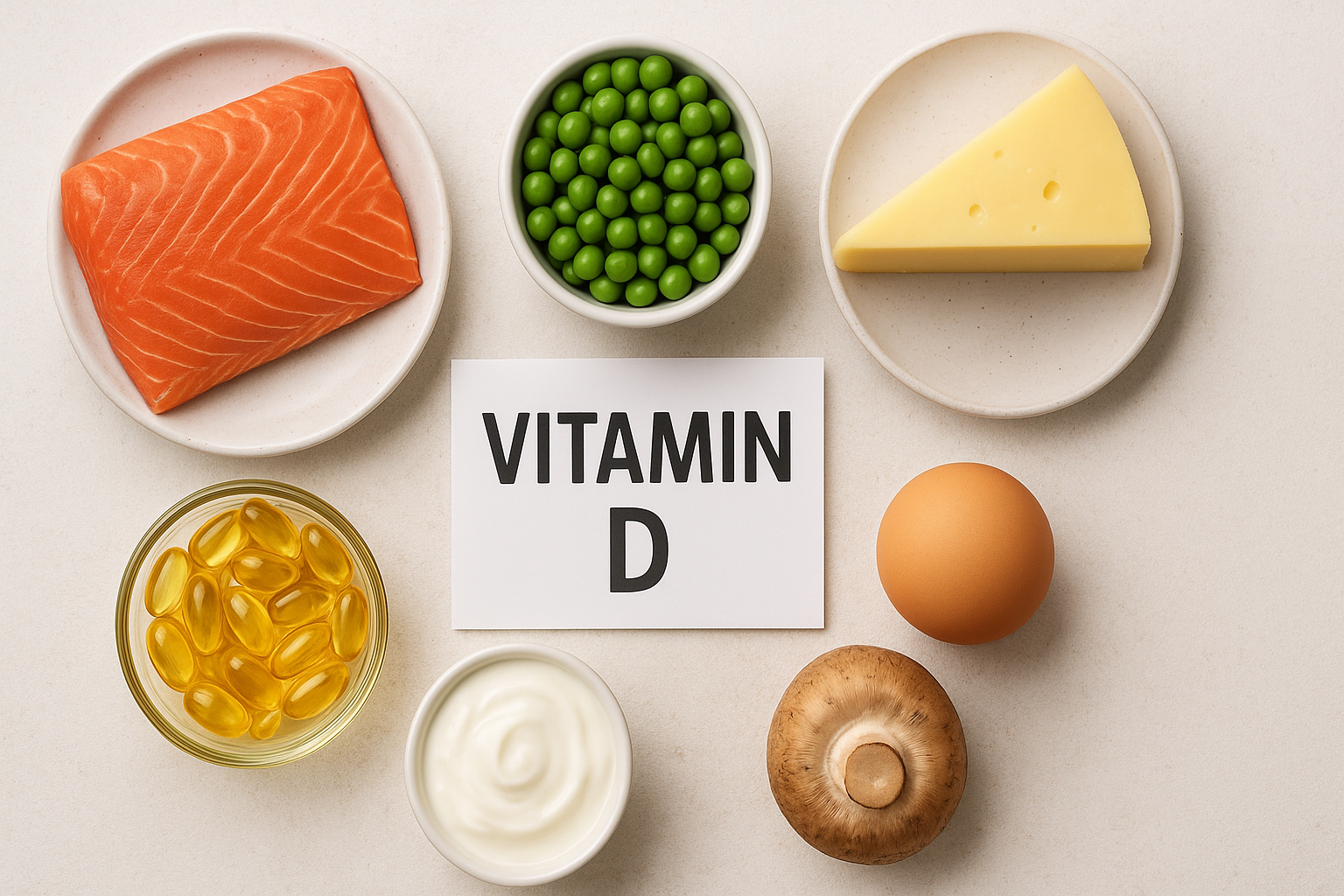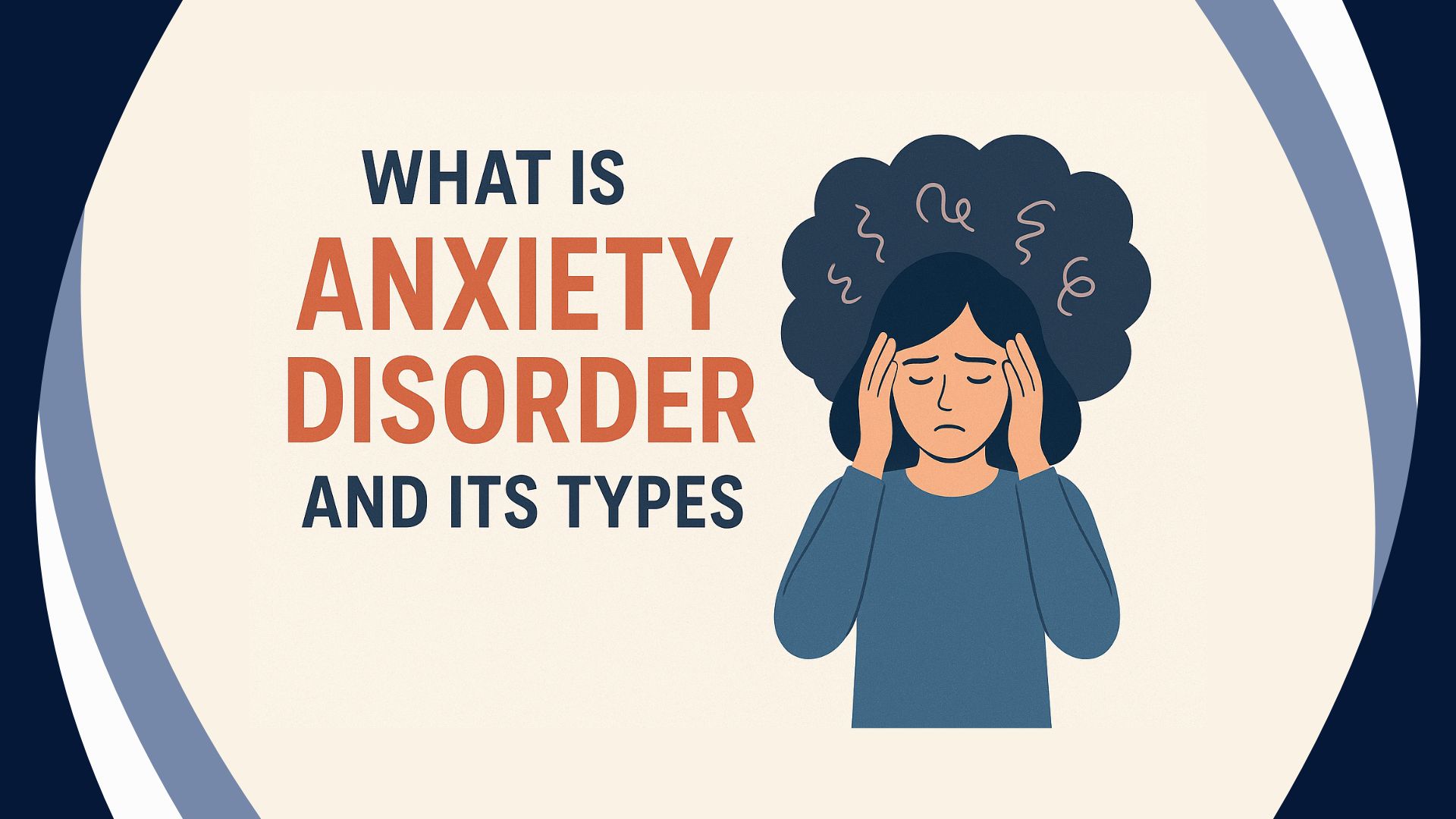What is Male Infertility?
Male infertility is when a man has trouble conceiving. This is caused by problems with his sperm or his reproductive system that make it difficult for the sperm to fertilize the egg.
Key Aspects of Male Infertility
- Sperm Production:
- Where It Happens: Sperm are produced in the testicles, which are located in the testicles ,(the bag of skin that hangs below the penis).
- Sperm Structure: Healthy sperm have a head (which carries genetic information), a middle section (which provides energy), and a tail (which helps the sperm swim).
- Sperm Quality:
- Count: The number of sperm in each milliliter of semen. A low sperm count can make it difficult to fertilize an egg.
- Motility: How well sperm move. Sperm must swim through the female reproductive tract to reach the egg.
- Morphology: Sperm size. Abnormal shapes can affect the sperm’s ability to reach and penetrate the egg.
- Hormones:
- Testosterone: A key hormone for sperm production and sexual drive.
- Other Hormones: Hormones like luteinising hormone (LH) and follicle-stimulating hormone (FSH) help regulate sperm production.
- Health and Lifestyle Factors:
- Diet: Eating a balanced diet can support sperm health.
- Exercise: Regular exercise helps maintain a healthy weight, which is important for fertility.
- Avoiding Harmful Substances: Smoking, heavy drinking and recreational drug use can negatively affect sperm quality.
- Heat Exposure: Excessive heat, such as a hot tub or tight underwear, can affect sperm production.
- Medical Conditions:
- Infections: Some infections can affect sperm production or transport.
- Hormonal Imbalances: Problems with hormones can impact sperm production.
- Genetic Disorders: Some genetic conditions can lead to infertility.
- Environmental Factors:
- Exposure to Toxins: Chemicals and pollutants can harm sperm.
- Radiation: High levels of radiation can affect sperm production.

Diagnosing Male Infertility
- Semen Analysis: This test checks the number, movement, and shape of sperm in a semen sample.
- Hormone Tests: Blood tests to measure hormone levels that influence sperm production.
- Genetic Testing: To identify any genetic issues that might be affecting fertility.
Treatments for Male Infertility
- Lifestyle Changes: Improving diet, quitting smoking, reducing alcohol intake, and managing stress can help improve fertility.
- Medications: Treating underlying conditions or hormonal imbalances with medication.
- Surgery: For issues like blockages or structural problems in the reproductive system.
- Assisted Reproductive Technologies (ART): Techniques like,
In Vitro fertilization (IVF) or Intrauterine Insemination (IUI) can help when other treatments don’t work.
Prevention and Maintenance
- Healthy Lifestyle: Eating a balanced diet, exercising regularly, and avoiding harmful substances can help maintain fertility.
- Regular Check-ups: Regular visits to a doctor can help catch and treat any issues early.
In summary, male infertility is when a man has trouble conceiving due to problems with sperm production or quality, hormonal imbalances, or other health problems. Various treatments and lifestyle changes can help improve fertility and increase the chances of having a baby.







